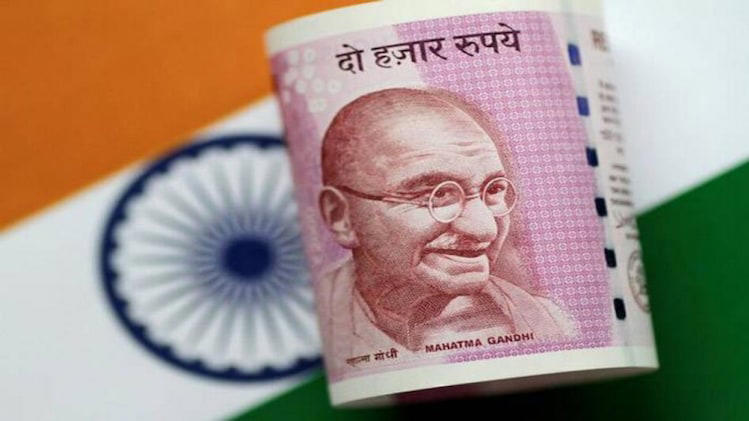Can you use Rs 2000 notes after September 30? Here's what we know so far
May 25,2023
Shaktikanta Das, the governor of the Reserve Bank of India (RBI), has stated that a decision regarding the Rs 2,000 notes would be made closer to the September 30 deadline for deposit or exchange. This means there is no clarity yet on whether Rs 2,000 notes will be a legal tender or not after September 30. The future of Rs 2000 note will depend on whether RBI is successful in getting back all the Rs 2000 notes that's currently circulating in the economy. So, the answer to the question - can you use Rs 2000 notes after September 30 - that's perhaps bothering many who have Rs 2000 notes with them is we don't know just yet. And, we will have to wait for the next RBI announcement closer to September 30.
Meanwhile, the RBI governor assured that the withdrawal of the highest denomination currency would not have any negative consequences on the economy.
In his initial statement to the media following the decision to gradually eliminate Rs 2,000 notes on Friday, Das addressed concerns regarding potential disruptions to liquidity in the system resulting from this measure. He assured that any impact would be minimal, stating it would be "very, very marginal". Additionally, while attending an event in the capital, he pledged to resolve any difficulties encountered by individuals, including those residing abroad.
“We will see how many notes come back and, as we approach September 30, we will decide at that stage,” Das said.
“I can’t give you a speculative answer as to what will happen after September 30. We have not said that the legal tender status (of the Rs 2,000 notes) will continue only up to September 30,” the RBI governor said.
It is anticipated that the majority of Rs 2,000 notes will be returned to the banking system by the September 30 cutoff. On May 19, the RBI declared the withdrawal of Rs 2,000 denomination banknotes from circulation, allowing individuals until September 30 to deposit or exchange them for different denominations. The central bank confirmed that these notes would remain as legal tender during this period, but did not clarify their status beyond September 30, leading to some confusion regarding their future validity.
The establishment of a deadline for deposits was implemented to ensure the seriousness of the announcement. Shaktikanta Das emphasised the importance of setting a specific timeframe, stating that without it, the process would not reach a conclusive stage. He further assured that the concerns of all Indians, including senior citizens and individuals residing abroad for employment, would be treated with sensitivity. If necessary, prompt remedial measures would be taken to address any challenges that may arise.
The governor expressed his assurance to the people, emphasising their concerns and pledging sensitivity towards any hardships they may encounter. He assured that the authorities would make every effort to address difficulties and ensure a seamless and smooth completion of the entire process.
Rs 2000 notes were initially introduced after the 2016 demonetisation with the primary objective of quickly remonetising the economy, which has been achieved, Das stated. Consequently, approximately half of the notes are no longer in circulation. Currently, only Rs 2,000 notes worth around Rs 3.62 lakh crore, accounting for just 10.8% of the total, are still within the system.






















